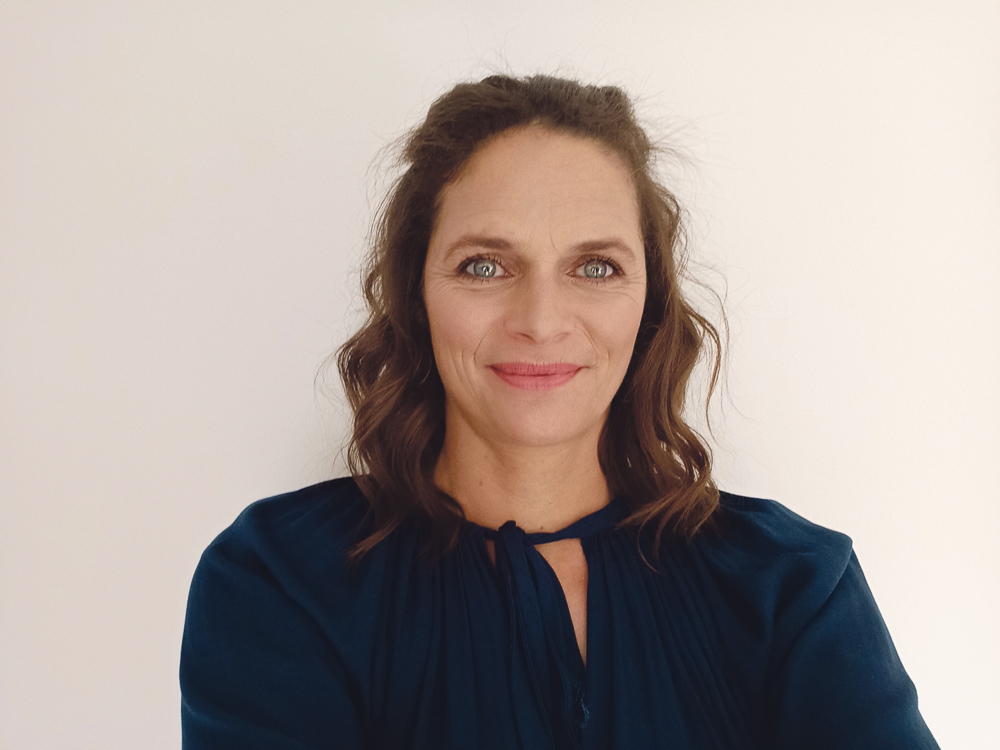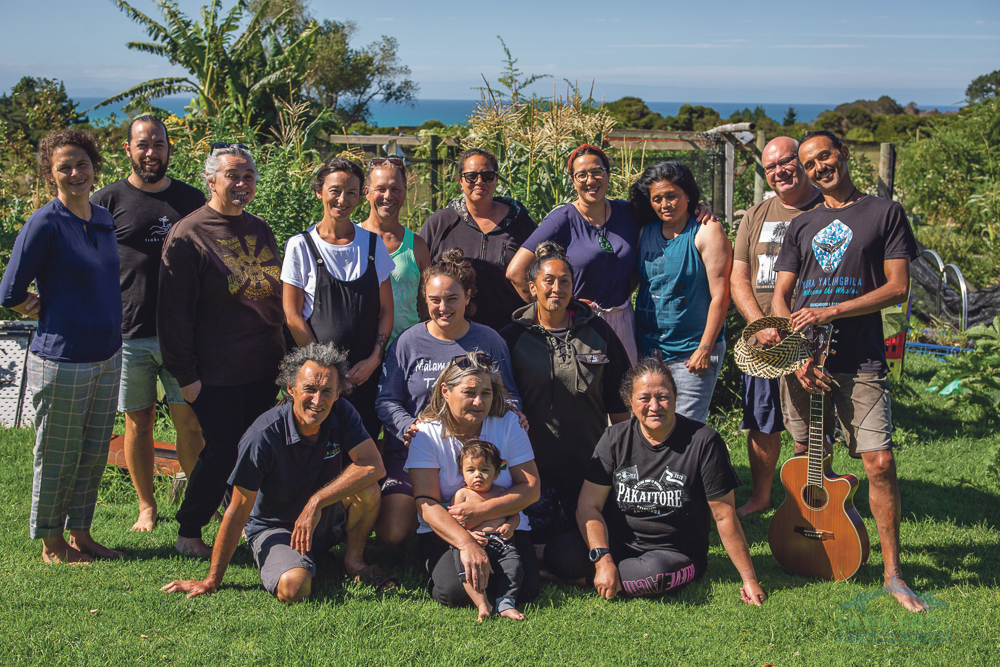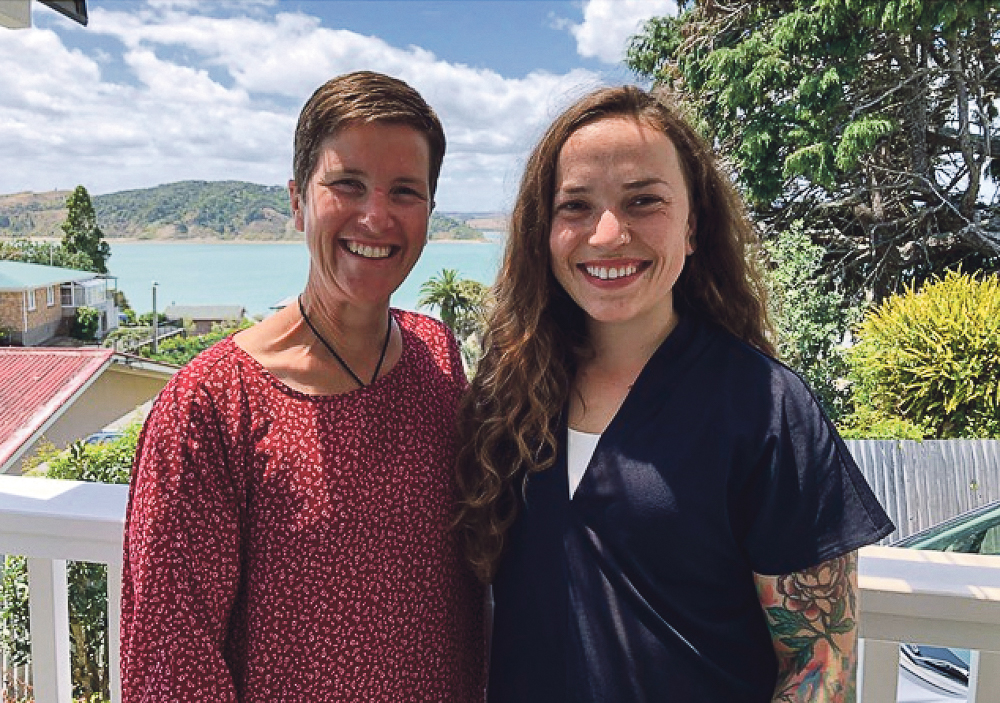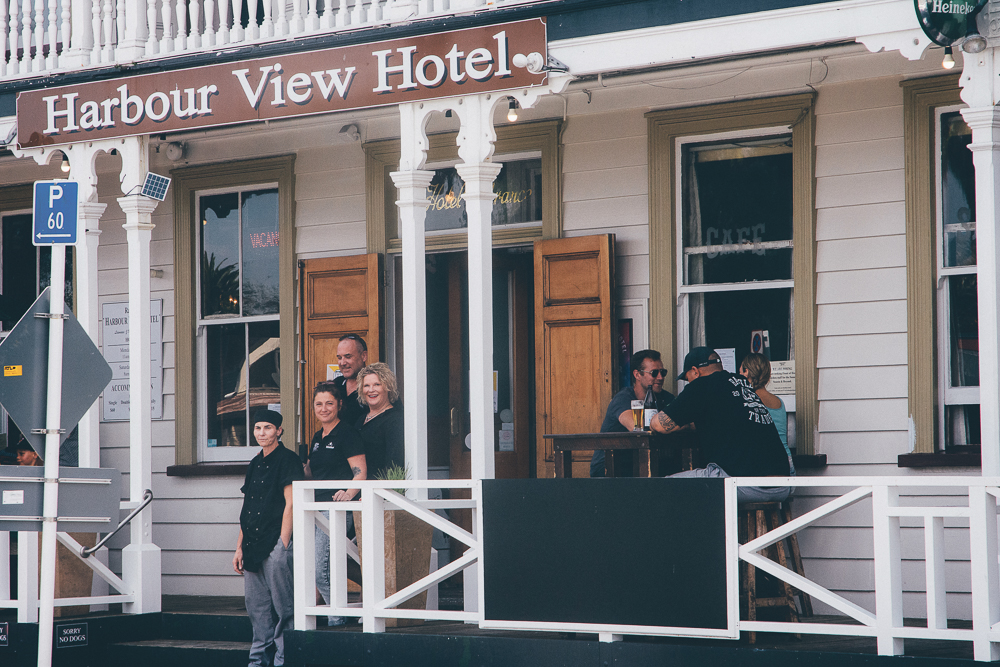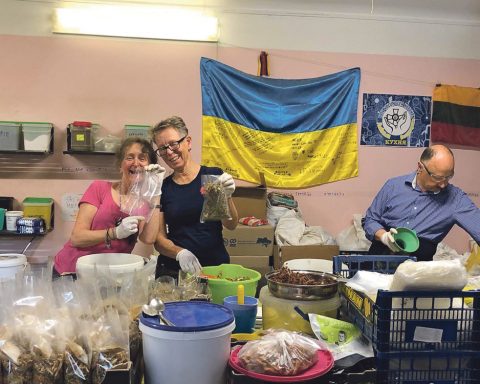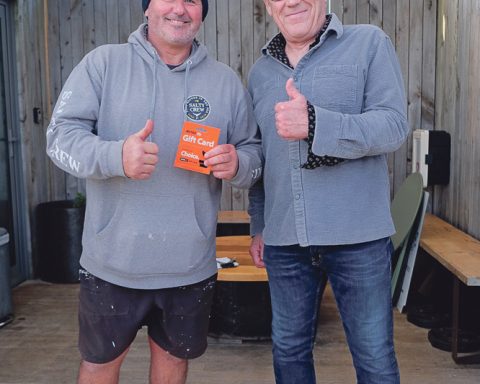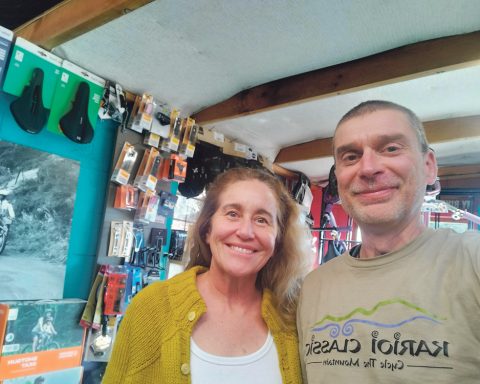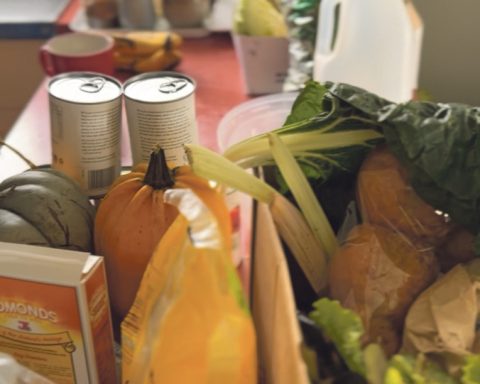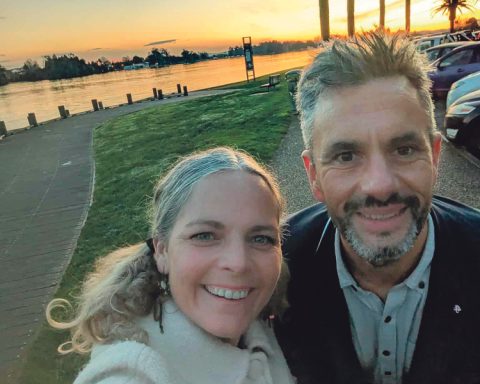From thousands of nominations, 70 inspiring semi-finalists across seven award categories were selected for the Kiwibank New Zealander of the Year awards and Whaingaroa is home to two of the semi-finalists.
Community waste expert Jacqui Forbes (Ngā Ruahine) is a semi-finalist for New Zealand Environmental Hero of the Year and the organisation Jacqui heads, Para Kore Marae Incorporated, is up for New Zealand Community of the Year.
As kaihautu matua (general manager) for the zero-waste, not-for-profit organisation, Jacqui spearheads the innovative Para Kore zero waste education programme.
Established in 2009, Forbes has led Para Kore since its first days, bringing together a team of educators who have delivered workshops and connected with more than 400,000 people throughout the country.
From topics such as composting, food sovereignty, circular systems, DIY, environmentally friendly products, ikura (waste-free periods), gardening and micro-greens, Para Kore empowers and supports marae and organisations across Aotearoa to work towards zero waste.
Not one to boast about her achievements, Jacqui is humbled by the nomination.
She even tried to delay this interview telling the Chronicle she was just a semi-finalist (of the ten semi-finalists in each category three are chosen as finalists).
But one thing is true about Jacqui, she’s passionate about driving Aotearoa towards zero waste and being a circular economy.
“From the beginning we have tried to strengthen our connection Ranginui, Papatūānuku and the atua whānau. If we can get people outside and appreciative of the natural word, and being part of and enjoying the natural world, they will be more responsible in their lives to ensure a healthy natural world.”
Jacqui says the early conversations that started the Para Kore journey were initiated by Waikato Regional Council staffers Gannin Ormsby and Susa Kupa who had wanted to help marae with waste minimisation.
“He (Gannin) called a hui in 2008 wanting to talk about marae recycling and that was from him going to hui and seeing how much rubbish there was.”
Others came on board, including Eric Pene from the Tribal Development Unit of Waikato Raupatu Lands Trust, Pine Campbell a founder of Xtreme Zero Waste, Carol Henry from Waikato Regional Council and Marianna Tyler from GreenUp Ltd.
Working in education at Xtreme Zero Waste at the time, Jacqui was invited and through pestering from Rick Thorpe, Jacqui agreed to take part in the development and implementation of the project. Not long after, Xtreme Zero Waste became the project coordinator of Para Kore at the request of the Waikato Regional Council.
The following year, with the help of funding from the Sustainable Management Fund (SMF), a pilot programme took place at Raglan’s Poihakena, Tūrangawaewae marae in Ngāruawāhia and Kirikiriroa Marae, the largest urban marae in Hamilton.
Not satisfied with driving a recycling kaupapa, the steering committee consisting of Jacqui, Carol, Marianna and Pine set a goal of working towards zero waste.
But it’s much more than just looking at waste streams, the Para Kore team strive to deliver life-enhancing outcomes for Māori through building a circular economy, increasing biodiversity, supporting climate justice and action, food sovereignty and regenerating ecosystems.
Jacqui points out these are the sort of systems Māori were operating under pre-colonisation.
“The circular economy is about designing waste out, keep resources in use and regeneration, which has similarities to te ao Māori (Māori worldview) and other indigenous systems. The significance of the indigenous view though is that it’s based on whakapapa, based on relationships, on being from the natural world – which we are. It’s not like a made-up fairy tale. We didn’t come from Mars or Venus, we are from here, we are from the natural world,” she says.
In 2010, Para Kore became its own entity as Para Kore Marae Incorporated and Jacqui says this made sense for them to come out from under the Xtreme umbrella and to identify as a Māori organisation – by Māori, for Māori.
From the pilot project of three marae, close to 600 marae, whānau, hapū, iwi, kura, kōhanga reo, puna reo, kindergarten, community organisations, events, churches, tertiary institutions, companies, community gardens, and kaumātua rōpū across the country have joined the movement.
And it hasn’t been a hard sell, Jacqui says, with not many opting out.
“I always say whenever you go and speak, and share the kaupapa, it’s always worth it because you’re sowing the seeds.”
The regional and national judging panel includes representatives comprising of the awards patron, presenters, sponsors, community leaders and independent experts.
The finalists for all seven award categories will be announced on Tuesday, February 22 with the winners announced on Thursday, March 31. The Awards evening format is currently being worked through due to Omicron.
BY Janine Jackson
